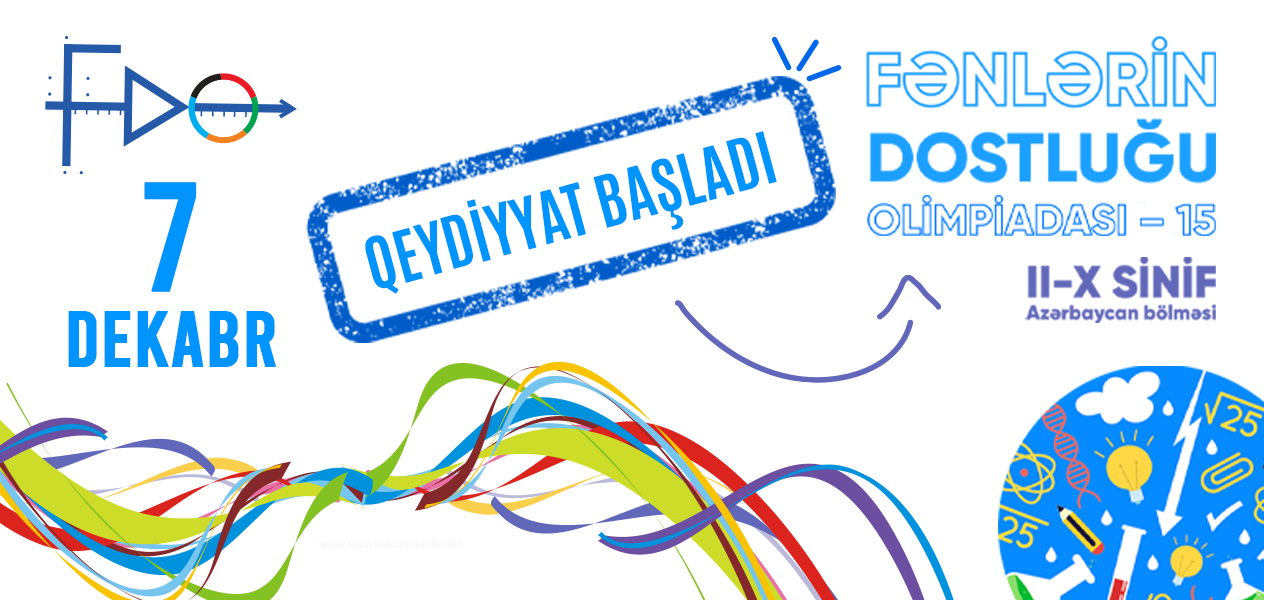New Challenges for Future Education!

Humanity is facing unprecedented revolutions, old narratives are disappearing, and no new stories are emerging to replace them. How can we prepare ourselves and our children for such unprecedented transformation and radical unpredictability?
A baby born today will be 30 years old in 2054. If all goes well, they will still be around in 2100. What should we teach this baby so that they can thrive and progress in the world of 2054 or the 22nd century?
Currently, too many schools focus on rote memorization of information. In the past, this made sense because information was scarce. There was no radio, television, daily newspapers, or public libraries.
In contrast, in the 21st century, we have access to a vast amount of information. In such a world, the last thing a teacher should give to students is more information. Students already have multiple ways to access the information they need. Instead, people need the ability to understand the meaning of information and to distinguish between what is important and what is not.
For centuries, teachers have prioritized passing on knowledge and encouraging students to think for themselves. If we fail to provide the new generation with a full understanding of space, we will lag far behind advanced societies and make random decisions about our future.
Beyond information, many schools focus on providing students with a predefined set of skills like solving differential equations, writing computer code in C++, and so on. We may put a lot of effort into teaching children how to speak a foreign language, only to find out that in 2054, AI (Artificial Intelligence) will be far better at coding than humans, and a new "Google Translate" app will allow us to have perfect conversations in any language, even if all we know is the word "Ok."
So, what should we teach students?... ... the continuation will follow in our next article.
Shakir Huseyn,
Deputy Executive Director of Hədəf Courses




